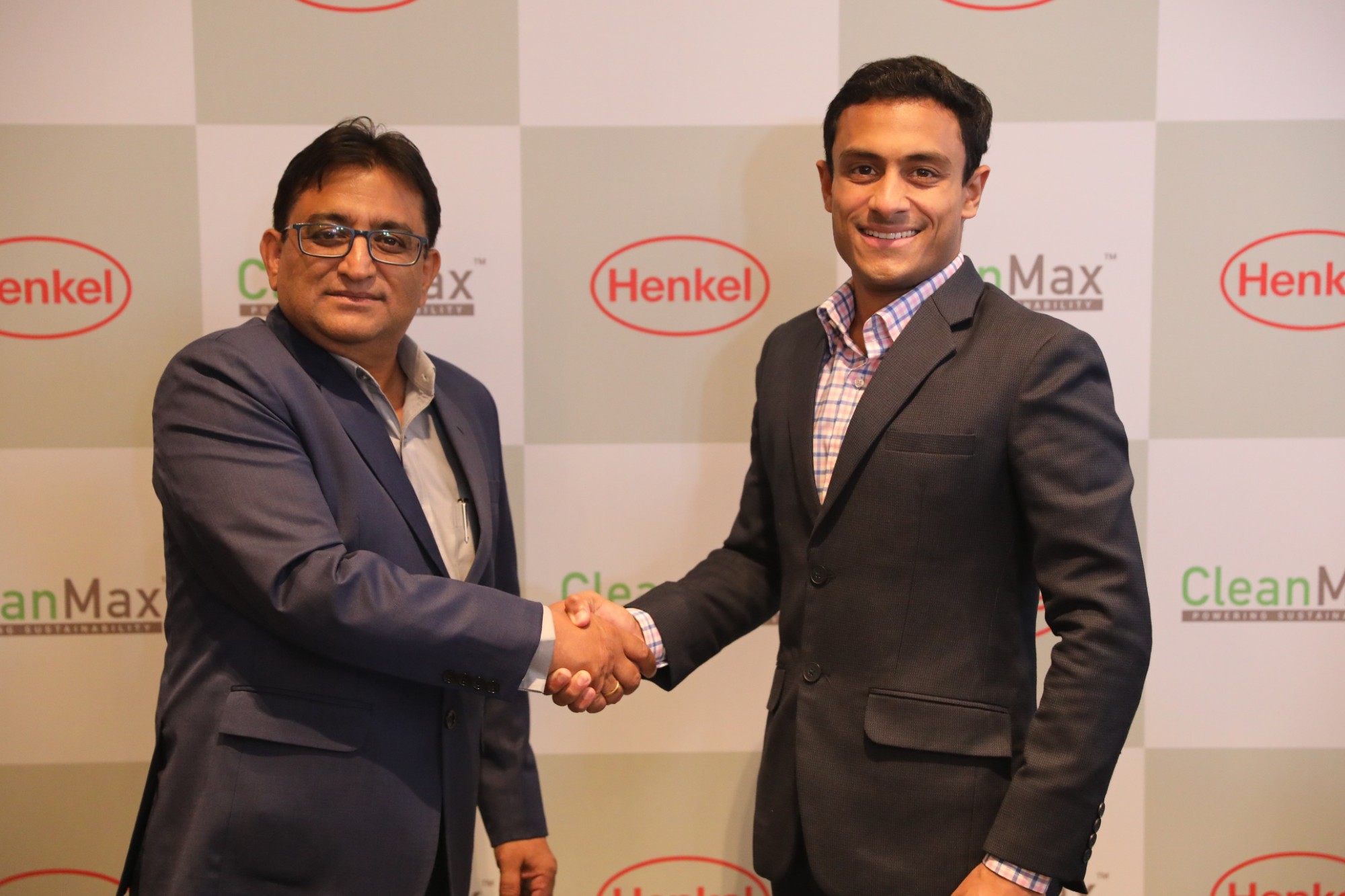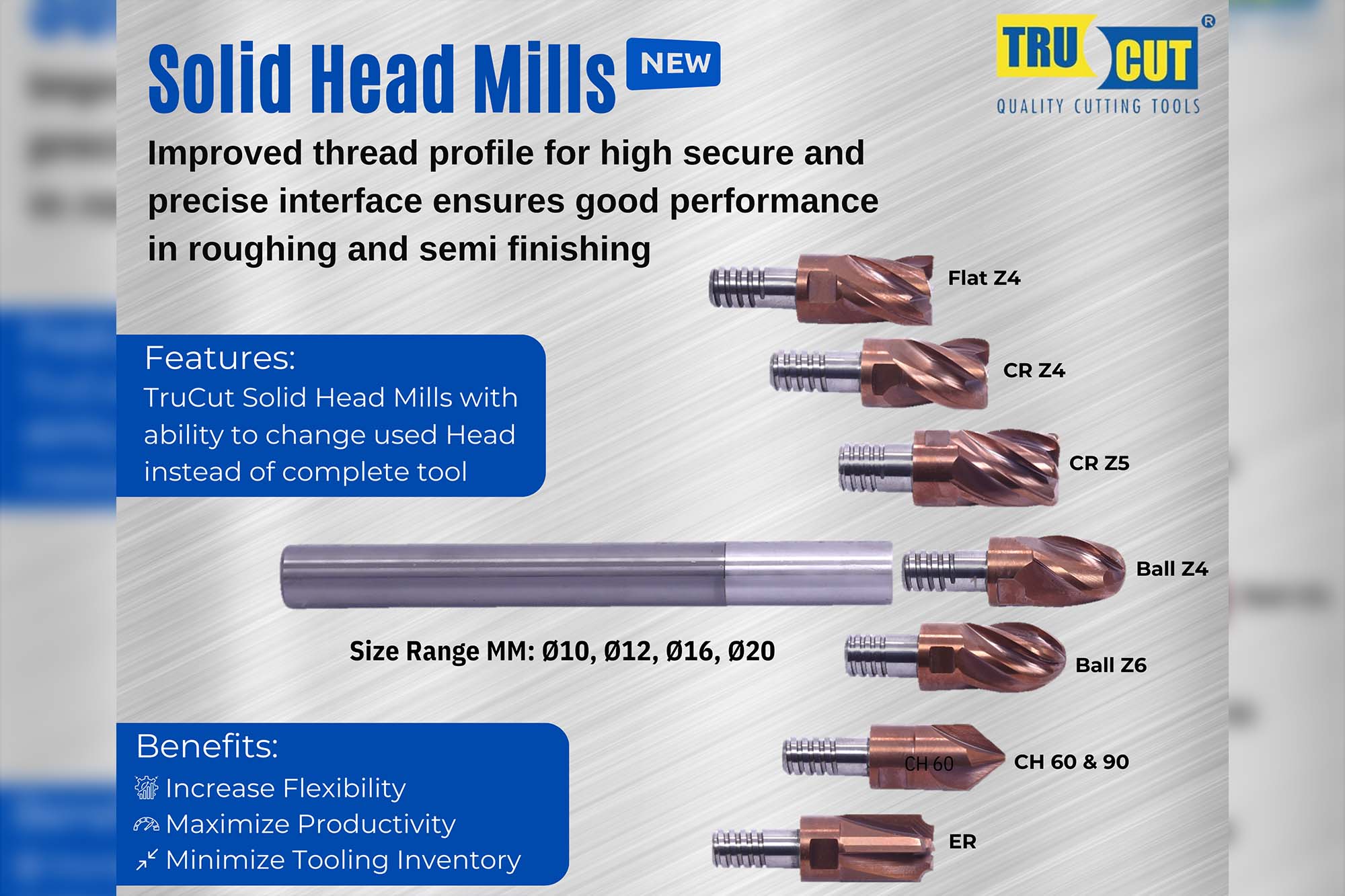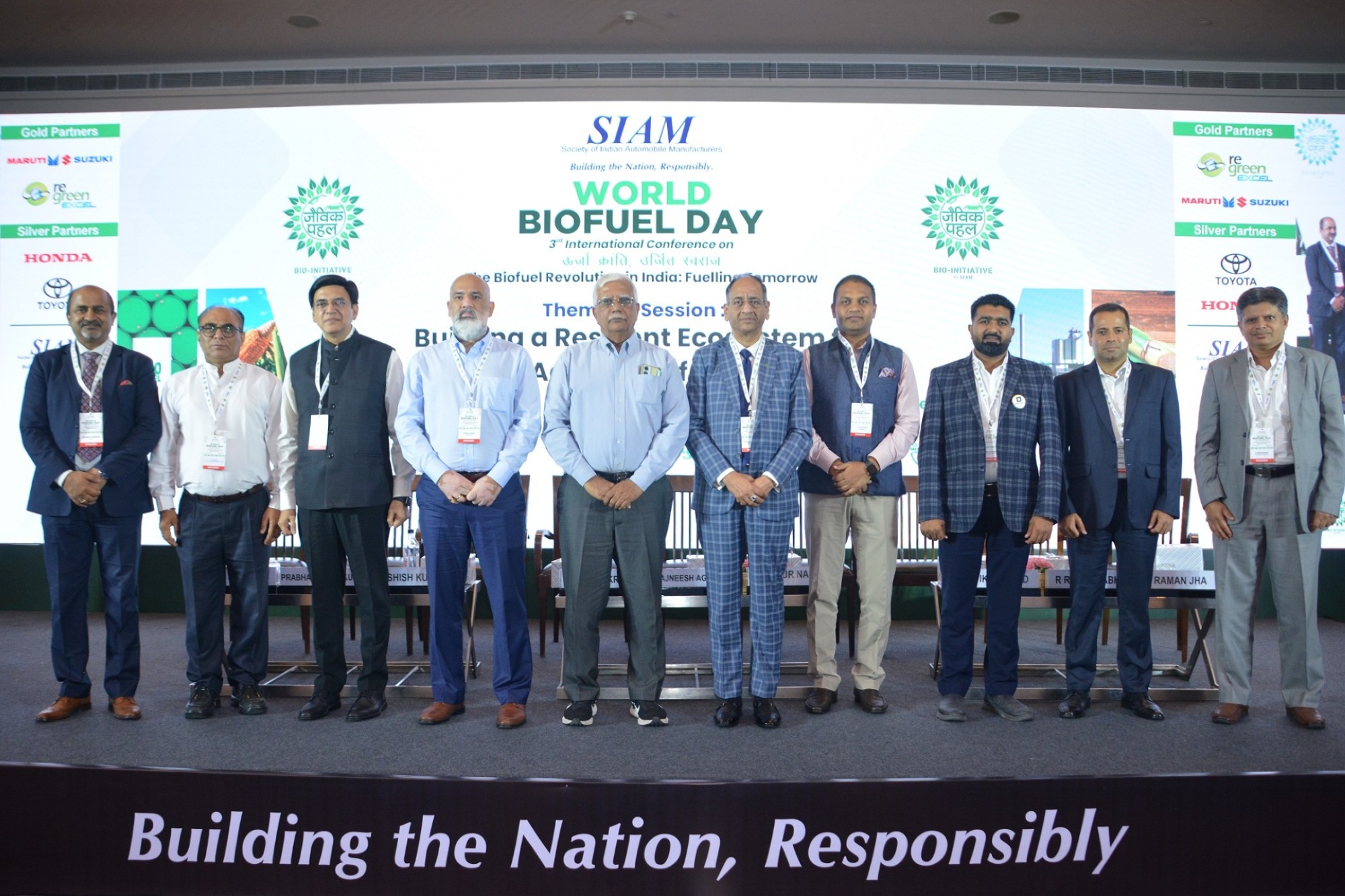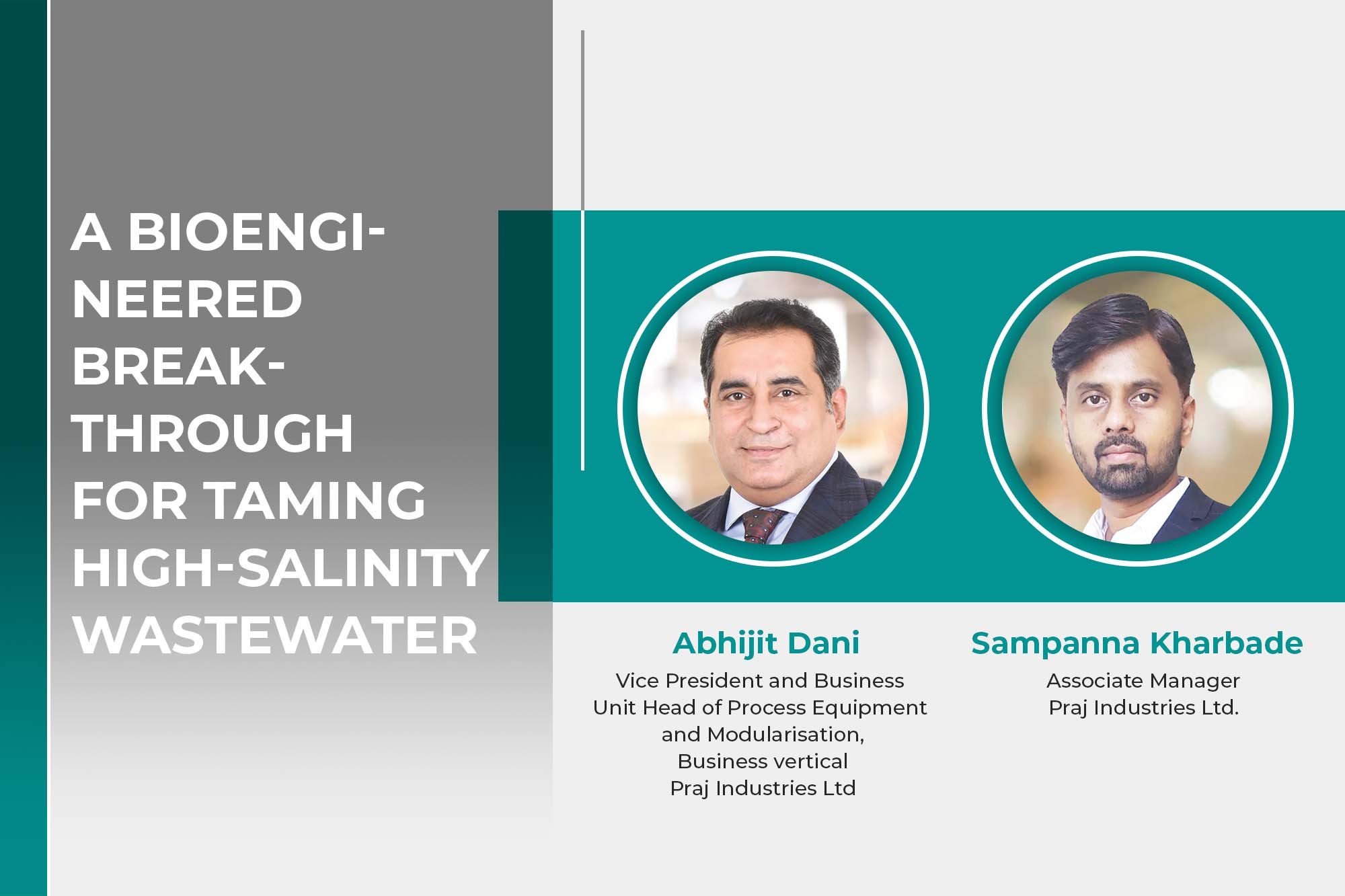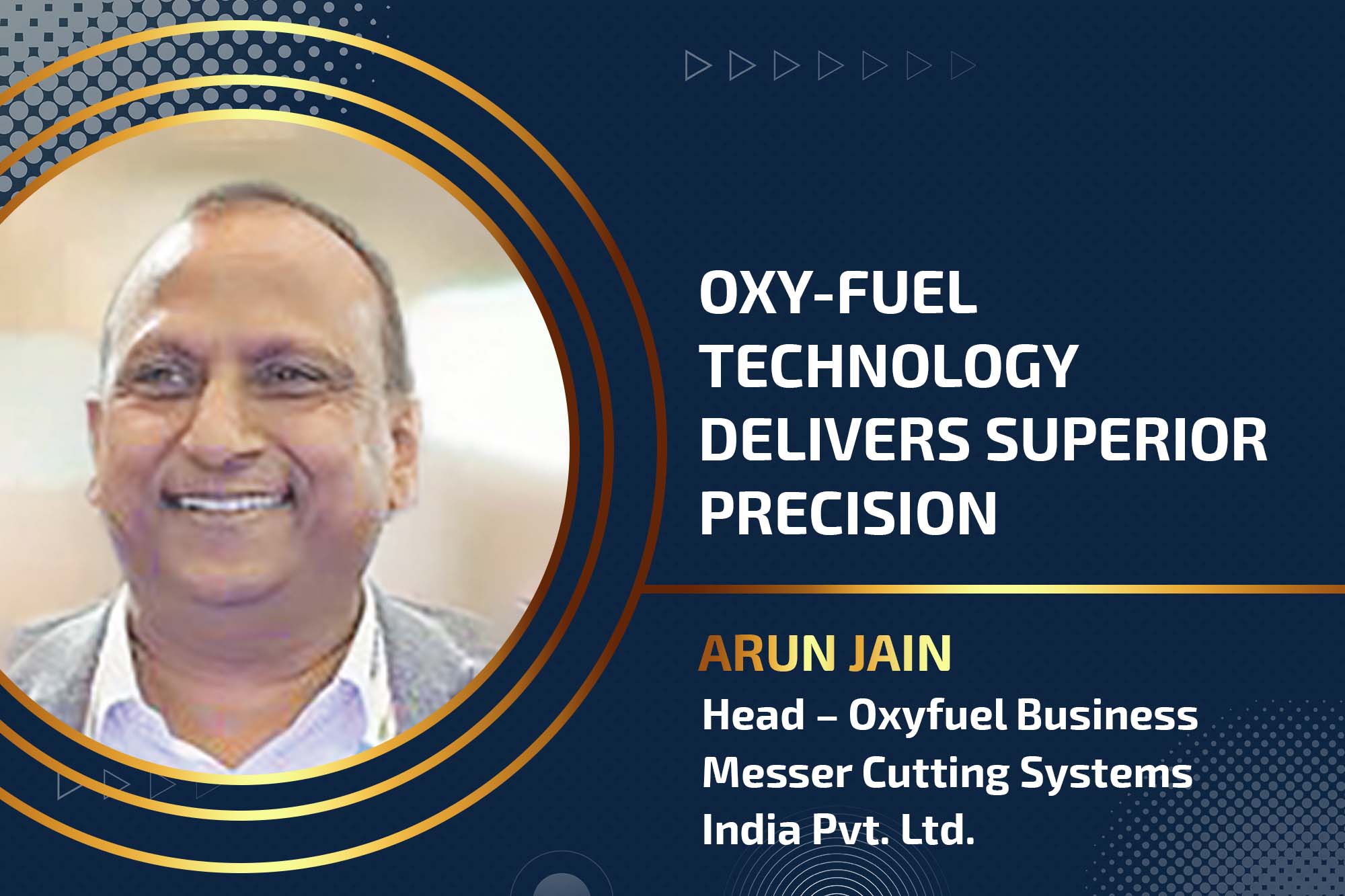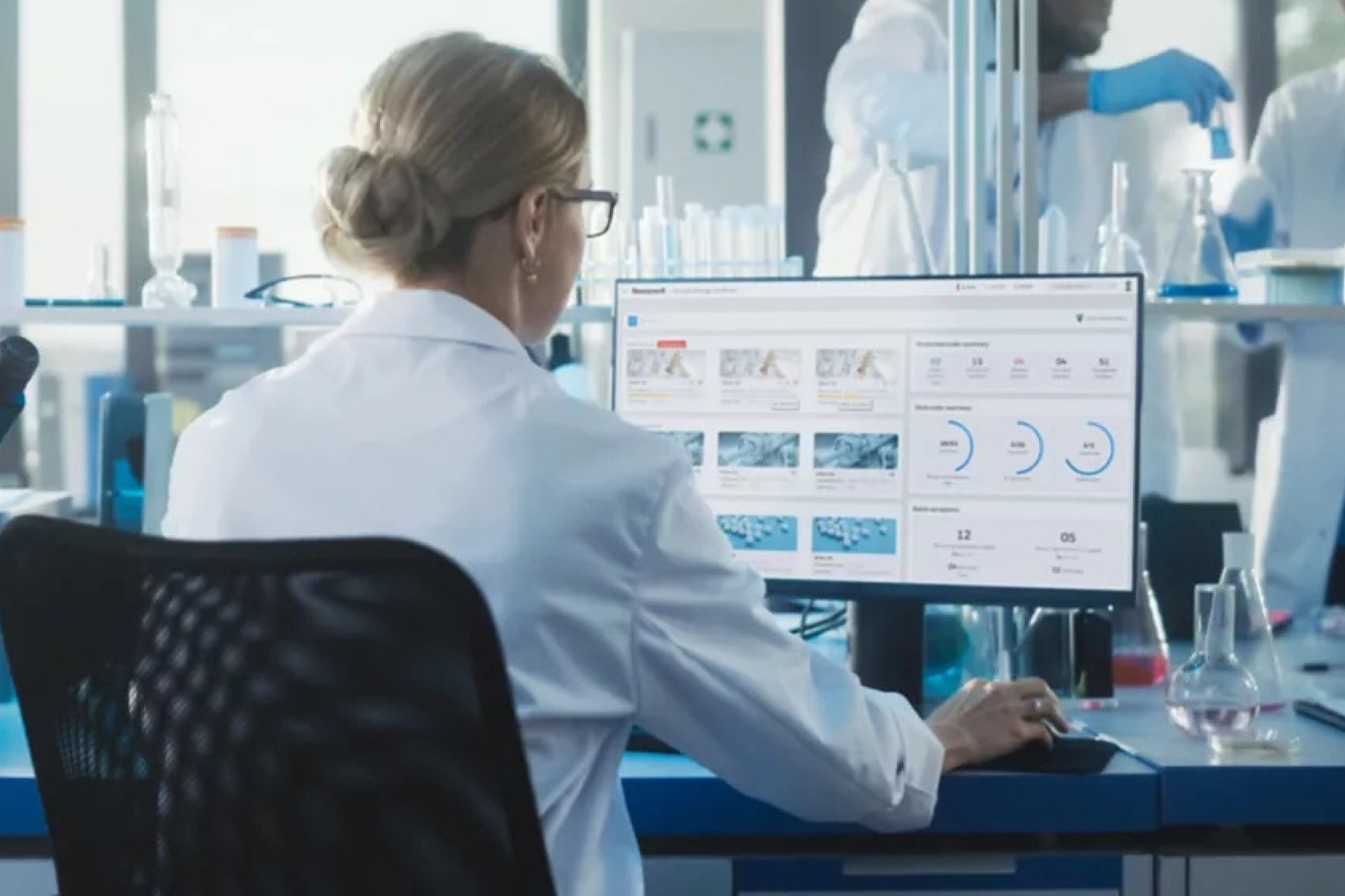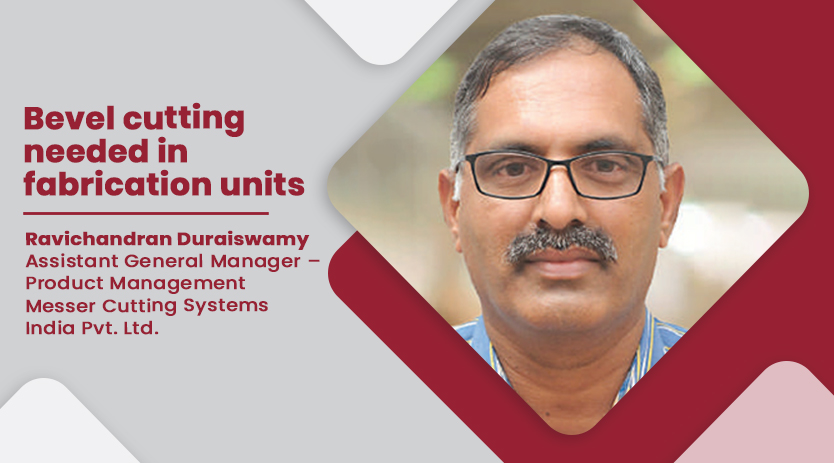Lean & Efficient Manufacturing
By admin June 13, 2015 12:59 pm
Advanced technologies in manufacturing that automate, optimise and streamline manufacturing processes to enhance overall production performance
Manufacturing technology has evolved substantially and can now facilitate companies to not just design, optimise, and streamline their manufacturing plant layouts, processes and resources but also integrate manufacturing with the product design functions seamlessly to better plan production processes. Latest technologies in Manufacturing and Product design and development can help companies augment product design and manufacturing efficiency by eliminating the ‘wastes’ to enhance the quality and quantity of productivity thus bettering the overall manufacturing performance.
An original Japanese methodology, known as Toyota Productions systems designed by Sakichi Toyoda, devised a way for the companies to streamline their production processes to enhance overall production efficiency. It aimed at eliminating the wastes or as it is known the ‘muda’ to enhance consumer value while increasing the overall efficiency of production processes.
Toyota’s Chief Engineer, Taiichi Ohno as part of the Toyota Production System has classified 7 types of mudas or wastes which companies need to address to attain lean manufacturing: 1 Transportation: Products, raw materials or inventory should be transported as less as possible to avoid any damage, delay or risk of losing. And transportation in any way does not add to the consumer value.
2 Inventory: The stock of inventory in the form of raw materials should be in proportion required enough to achieve desired production. Over stocking or under stocking is a muda that leads to excess time and/or money consumption. the stock of finished goods lying in the inventory is also a muda as it is not being sold and it neither contributes in generating the revenue for the producer i.e. the company nor does it add consumer value.
3 Motion: It refers to the damage done to the machine while using it. Over the time due to wear and tear the machine does not operate as efficiently as it used to. working on such machines do not add to the consumer value but in fact reduces the quality of production and requires additional work to be done to rectify the damage done. It also involves the human fatigue that arises due to high stress and very high workloads. Such mudas should be addressed as they bear an adverse impact on consumer value that either result in reduced or inferior production and/or excess investment of time and costs to rectify.
4 Waiting: The goods should never lie idle. They should either be worked upon or should be in transit or transportation, otherwise goods lying idle are a muda.
5 Over processing: This involves working on the product too many times or for a very long time than it actually matters to the consumers. Over processing involves over analysing of the product, using more complex or expensive machinery or tooling than necessary etc.
6 Over production: The supply or production should be in proportion with the demand for the product. Over production leads to over stocking of inventory not just of raw material but also finished goods. Not to mention over production leads to over utilisation of other resources such as money and space to store the inventory and over produced goods, human efforts in producing larger quantities of products, and excess use of other resources such as machine, material, etc. Over production is one of the biggest muda that companies need to do away with as it is not just a burden on the company’s’ resources but in fact also reduces consumer value.
Cookie Consent
We use cookies to personalize your experience. By continuing to visit this website you agree to our Terms & Conditions, Privacy Policy and Cookie Policy.




